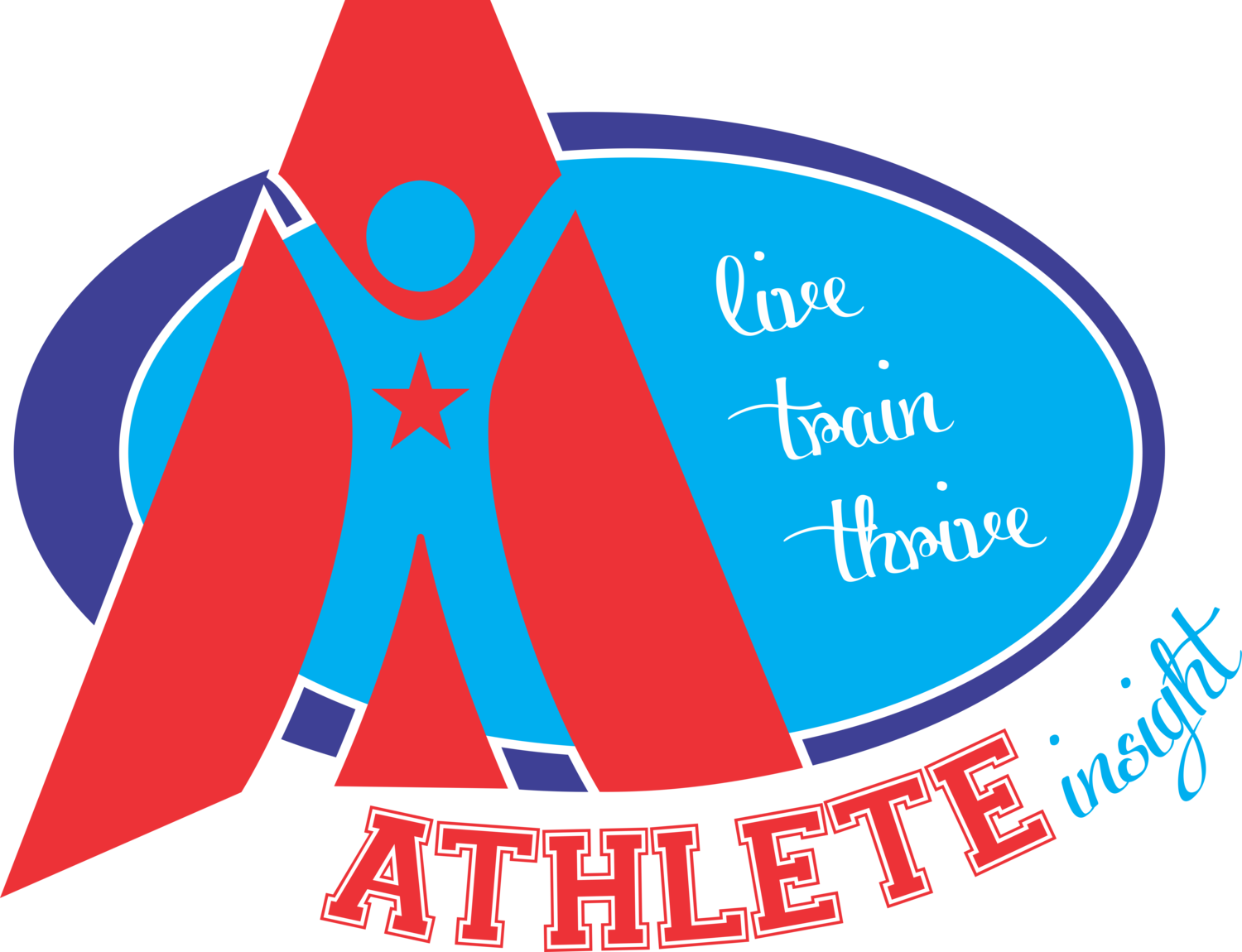We are sold a concept of conventional/cultural “wisdom” that the path to health and wellness lies in substantially elevating our heart rate for a sustained period of time at least several days per week. Chronic subscribers of this idea often over-train their bodies (five to seven days per week) and deprive themselves of the benefits of exercise. For the vast majority of folks, this also means some type of repetitive motion activity like running, elliptical, or cycling. If you tend to repeat the same workouts day to day, week to week, year to year and feel like you are always chasing an unobtainable goal through exercise, this article is for you.
Let’s start with some of the insidious problems and catch 22’s of chronic, repetitive aerobic exercise:
1. Cortisol. An over-reliance on aerobic exercise may jack up your hormones, contribute to excessive systemic and acute inflammation, and depress your immune system. Basically, it becomes a cumulative stressor and not the good kind of stressor (think minimal dose, maximum benefit). The kind that slowly beats you down week after week, month after month, year after year. There truly is a concept as “too much exercise.”
Life is full of cumulative stressors: Occupational stress, marital stress, financial stress, poor nutrition, lack of sleep, unhealthy relationships with alcohol and other drugs, and reliance on medications to account for unhealthy life balance. Think about the compounding effect of adding all that intensity and volume from some form of repetitive exercise on top of a system that is already highly stressed. Overloading your body with exercise does not lead to improved health.
2. Reliance on repetitive movement. Using repetitive movement as your primary source of exercise creates problems and deficiencies. Running is easy to pick on. We see a lot of clients who have been running for years with little change in their body composition, a lack of progress in performance, and a host of structural problems as a direct result of the constant pounding. Sure they have maintained some sort of aerobic base by running but they also tend to be very imbalanced. These clients are typically weak, lack core strength, are front side dominant, have postural issues, and struggle with weakened tendons, ligaments and other supporting structures.
Again there is an unfortunate irony that plays out here. People are diligently pursuing health through “exercise” but simultaneously beating their bodies up, inevitably falling short of a sustainable and holistic model of fitness and wellness.
Ideas for a more balanced approach to fitness and health include:
1. Introduce a variety of activities and intensity to your routine. Try two or three days per week of varied, less intense (think 65-70% output) sustained movement or activity. One day it’s a hike, another day it’s a bike ride, another day it’s snow shoeing, another day it’s a swim.
You can pair this variety with some short intense sprints with big rest periods one to two days per week. Sprint on the bike, rower, trail, pool, or skis. Again this helps keep the stimulus varied and engaging as well as train a part of your energy system that many neglect, the anaerobic system. For some this is best delayed until a baseline level of health and fitness are achieved.
2. Chip away at the stressors in your life. Rather than accept that your life is chronically stressful and your body is evidence of an unbalanced lifestyle, set goals and intentions to manage stress levels and improve your overall health. This may mean cutting back on obligations, reducing your overall training load, or packing lunches ahead of time.
3. Find yourself a good strength and fitness coach (who values balance and healthy lifestyles) to build core strength. This will help teach you good bio-mechanics and motor recruitment patterns, balance out your physical structure (front to back, right to left, push vs. pull), strengthen your muscles tendons and ligaments, maintain bone density, key up your metabolism, and prevent injury.
4. Find a way to be active in your body that also puts a smile on your face. Many people equate exercise with obligation and a host of negative emotions. Some people may love to be in the gym or riding a bike, others may find trails or intramural leagues more enjoyable. Find something that supports your mind and body rather than punishes them.
Remember, health and wellness do not result from too much exercise and more is not always better. Instead they are obtained through a balance of physical activity, a healthy relationship with food, and lifestyle choices.

